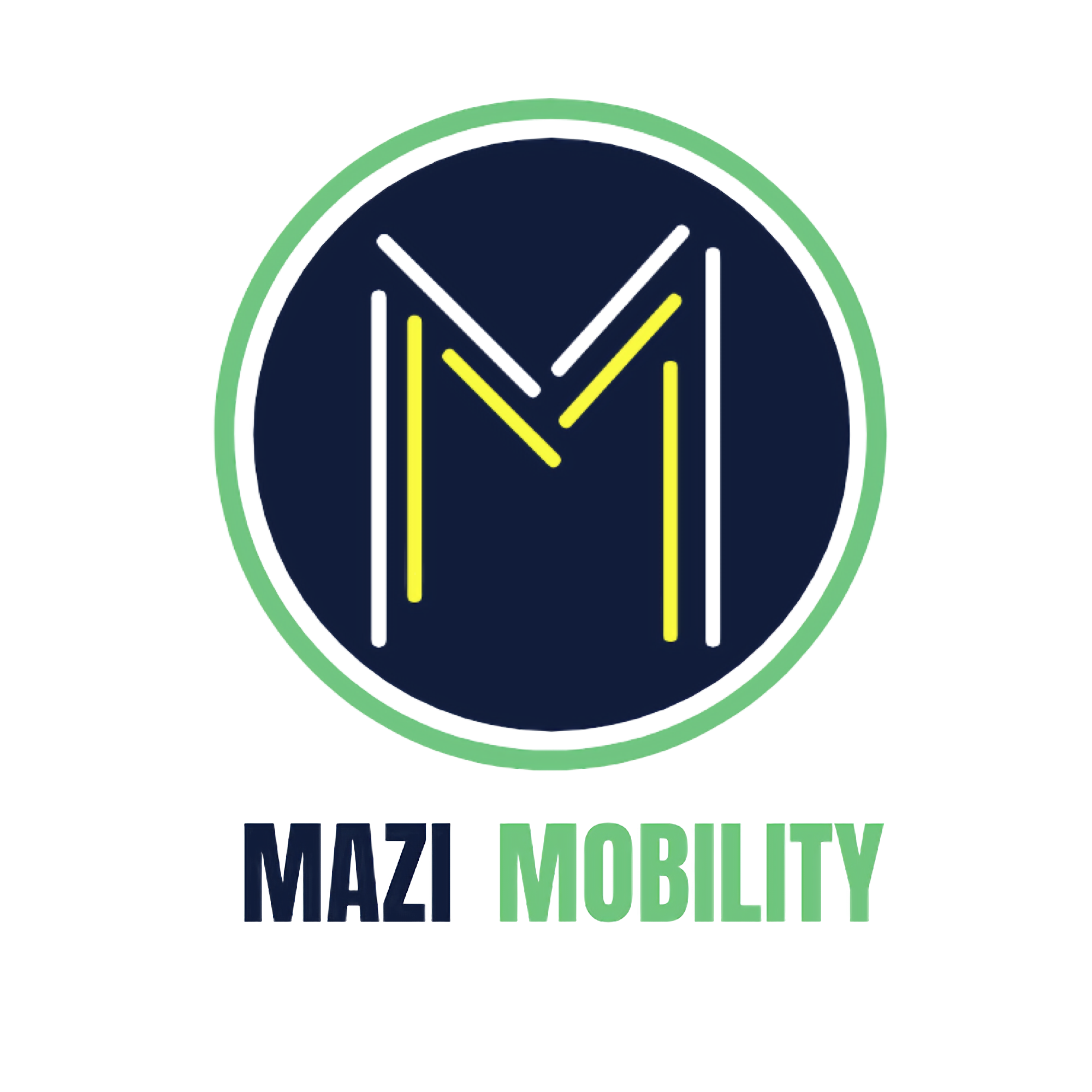Mazi Limited


1. Purpose
This document outlines Mazi Mobility's commitment to ethical practices, including the prevention of modern slavery and human trafficking, the promotion of human rights, adherence to ethical trading principles, and the establishment of a whistleblowing mechanism. This policy ensures compliance with relevant legislation and sets out procedures to maintain high standards of integrity and responsibility in all business operations.
2. Scope
This policy applies to all employees, contractors, suppliers, and business partners of Mazi Mobility. It covers all operations, regardless of location, and extends to all tiers of the supply chain.
3. Policy Statements
3.1 Anti-Slavery and Human Trafficking
Mazi Mobility is committed to ensuring that modern slavery and human trafficking do not occur in any part of our business or supply chain. We have a zero-tolerance approach to any form of slavery, servitude, forced labor, or human trafficking.
3.2 Human Rights
We are dedicated to upholding the highest standards of human rights in all our operations. This includes, but is not limited to, the right to fair wages, safe working conditions, freedom of association, and non-discrimination.
3.3 Ethical Trading
Our company engages in ethical trading practices by ensuring that our suppliers and business partners comply with ethical standards. This includes fair wages, safe working conditions, and respect for workers' rights.
3.4 Whistleblowing
We encourage all employees and stakeholders to report any concerns regarding unethical or illegal practices within our operations or supply chain. We provide a secure and confidential mechanism for whistleblowers to report issues without fear of retaliation.
4. Procedures
4.1 Anti-Slavery and Human Trafficking
4.1.1 Risk Assessment:
Conduct regular risk assessments to identify and mitigate risks of modern slavery and human trafficking in our operations and supply chain.
Maintain a high level of awareness and provide training to employees and suppliers on recognizing and preventing modern slavery.
4.1.2 Supplier Due Diligence:
Implement a thorough vetting process for all new suppliers, including audits and compliance checks.
Require all suppliers to sign a declaration of compliance with anti-slavery laws and practices.
4.1.3 Monitoring and Reporting:
Establish a monitoring system to ensure ongoing compliance with anti-slavery policies.
Provide a clear reporting mechanism for suspected cases of slavery or trafficking.
4.2 Human Rights
4.2.1 Policy Implementation:
Integrate human rights principles into all company policies and procedures.
Ensure all employees receive training on human rights and their responsibilities.
4.2.2 Grievance Mechanism:
Establish a transparent grievance mechanism for employees to report human rights violations.
Investigate all reported violations promptly and take appropriate action.
4.3 Ethical Trading
4.3.1 Supplier Code of Conduct:
Develop and implement a Supplier Code of Conduct outlining expectations regarding labor standards, environmental impact, and ethical behavior.
Require suppliers to adhere to the Code of Conduct and conduct regular audits to ensure compliance.
4.3.2 Training and Support:
Provide training and resources to suppliers to help them meet ethical trading standards.
Support suppliers in implementing sustainable and ethical practices.
4.4 Whistleblowing
4.4.1 Reporting Mechanism:
Establish a confidential and secure whistleblowing hotline and online reporting system.
Communicate the availability of this reporting mechanism to all employees, suppliers, and stakeholders.
4.4.2 Protection and Support:
Ensure that all whistleblowers are protected from retaliation or victimization.
Provide support to whistleblowers, including counseling and legal assistance if necessary.
4.4.3 Investigation Process:
Conduct prompt and thorough investigations into all whistleblowing reports.
Take appropriate corrective actions based on investigation findings and maintain confidentiality throughout the process.
5. Roles and Responsibilities
Management: Ensure compliance with this policy, provide necessary resources for implementation, and lead by example.
Employees: Adhere to this policy and report any violations or concerns.
Suppliers and Business Partners: Comply with our anti-slavery, human rights, and ethical trading standards.
Whistleblowing Committee: Oversee the whistleblowing process, ensuring reports are handled appropriately and confidentially.
6. Review and Monitoring
This policy will be reviewed annually to ensure its effectiveness and relevance. Continuous monitoring and auditing will be conducted to ensure compliance with this policy.
7. Communication
This policy will be communicated to all employees, suppliers, and stakeholders through training sessions, internal communications, and the company website.